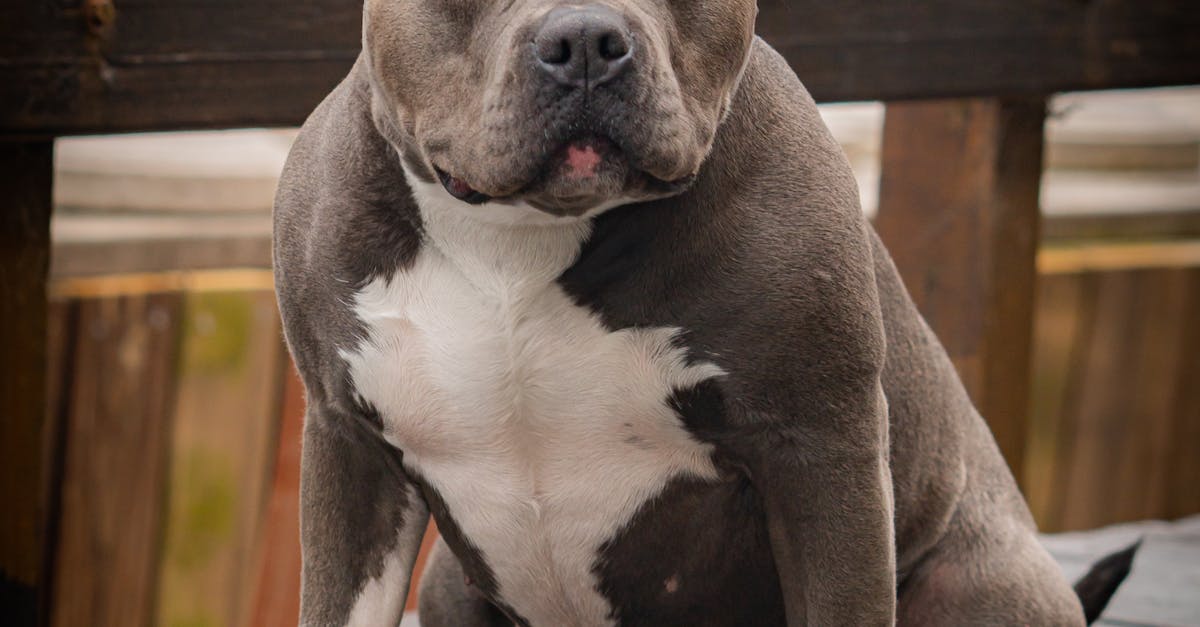I'm really worried about my dog, Buster. He's a six-year-old lab mix, normally full of energy and with a huge appetite. Recently, the vet prescribed him enrofloxacin for a lingering ear infection, and ever since he started the meds, he’s barely touched his food or water. It’s like night and day—yesterday he was gobbling down everything in sight, and now he just sniffs his bowl and turns away. I’ve tried his favorite treats and even some homemade chicken and rice, but nothing seems to tempt him. Has anyone else experienced this with their dogs on enrofloxacin? I'm concerned about dehydration too. How long should I wait before going back to the vet? Any advice or similar experiences would be really appreciated. Thanks so much!
Hello there,
I'm really sorry to hear that your dog isn't eating or drinking much since starting enrofloxacin. It’s not uncommon for medications to sometimes cause side effects like a reduced appetite or mild gastrointestinal upset. While enrofloxacin is usually well-tolerated, some pets can have a sensitive reaction to it, leading to the symptoms you're describing.
In the meantime, try enticing your dog with some baby food or plain boiled chicken, something bland yet appetizing, and make sure fresh water is available at all times. Ensure a calm environment during feeding, free of stress.
Watch for any signs of more serious issues, like vomiting, diarrhea, severe lethargy, or if the decrease in appetite persists for more than 48 hours. If your dog seems dehydrated (dry gums, lethargy, sunken eyes) or shows any severe symptoms, it’s important to seek veterinary attention promptly.
Even if you don't notice these signs, it’s always a good idea to discuss any concerns with a vet. Feel free to book a video consult with one of our experienced vets on Dial A Vet. They can provide more personalized advice and help ensure your furry friend feels better soon.
Take care!
The "Ask a Vet" forum on Dial A Vet offers general information and helpful tips on pet health, but it's
not a substitute for professional veterinary care. The advice here doesn't create a veterinarian-client-patient relationship, and our vets can't diagnose or treat your pet remotely.
For emergencies or specific medical concerns, always contact your local veterinarian immediately. Your pet's health is unique, and decisions should only be made after consulting with a qualified professional. By using this forum, you acknowledge these limitations and agree to seek in-person veterinary advice for all your pet's health needs. View our
content guidelines.



%2520(1).png)



.jpg)








